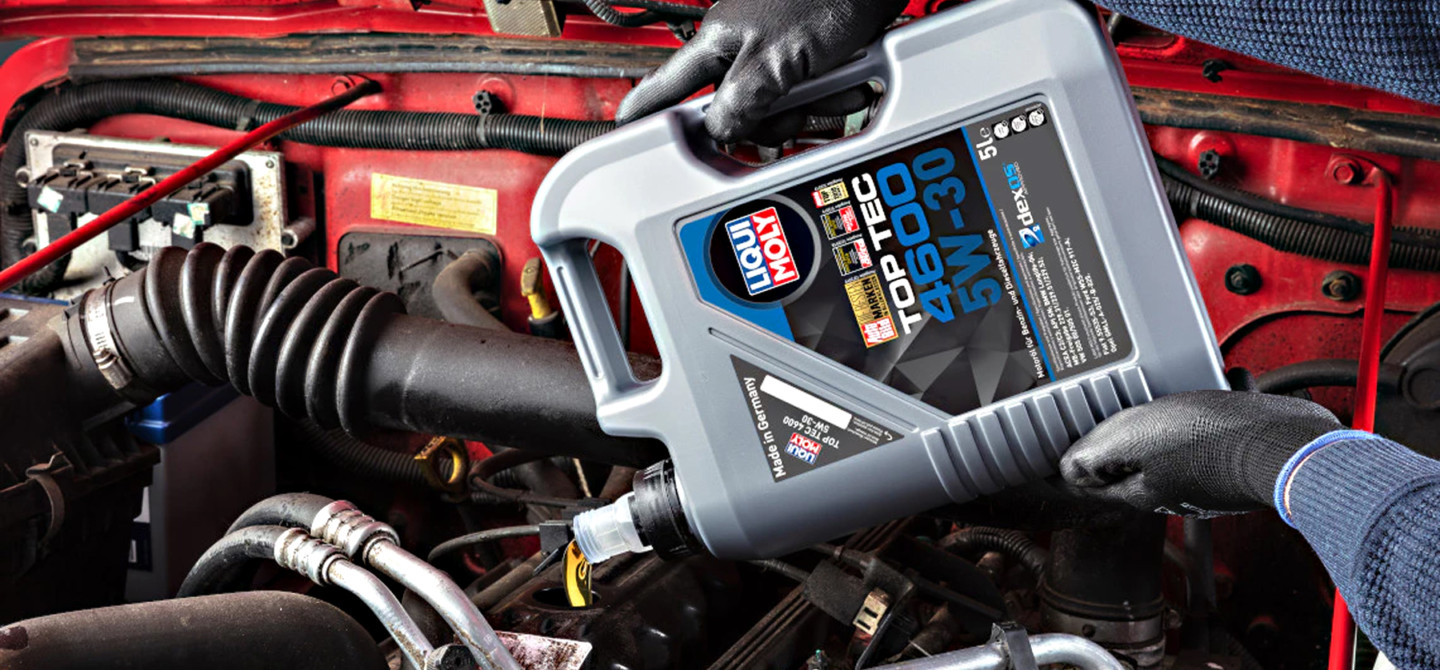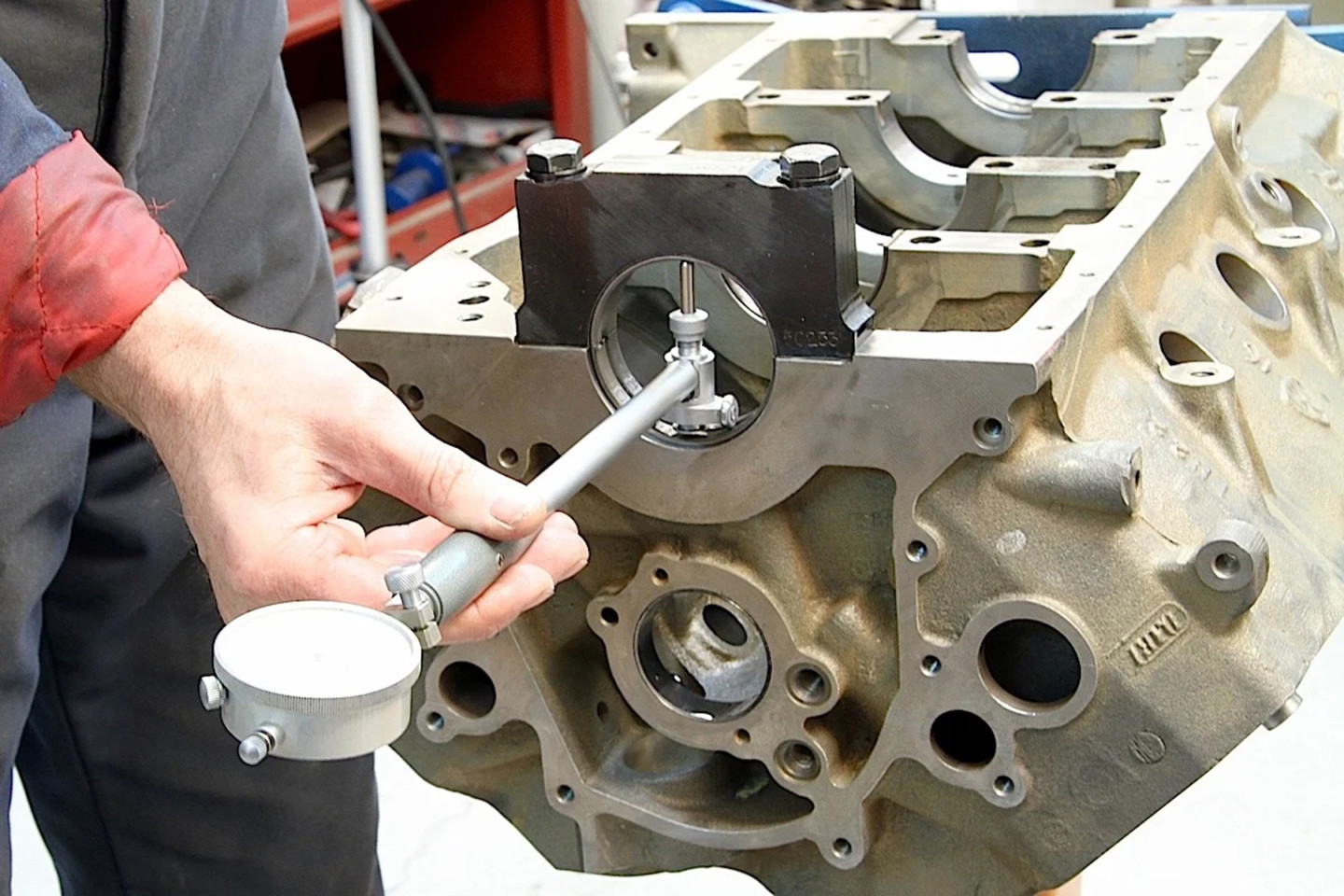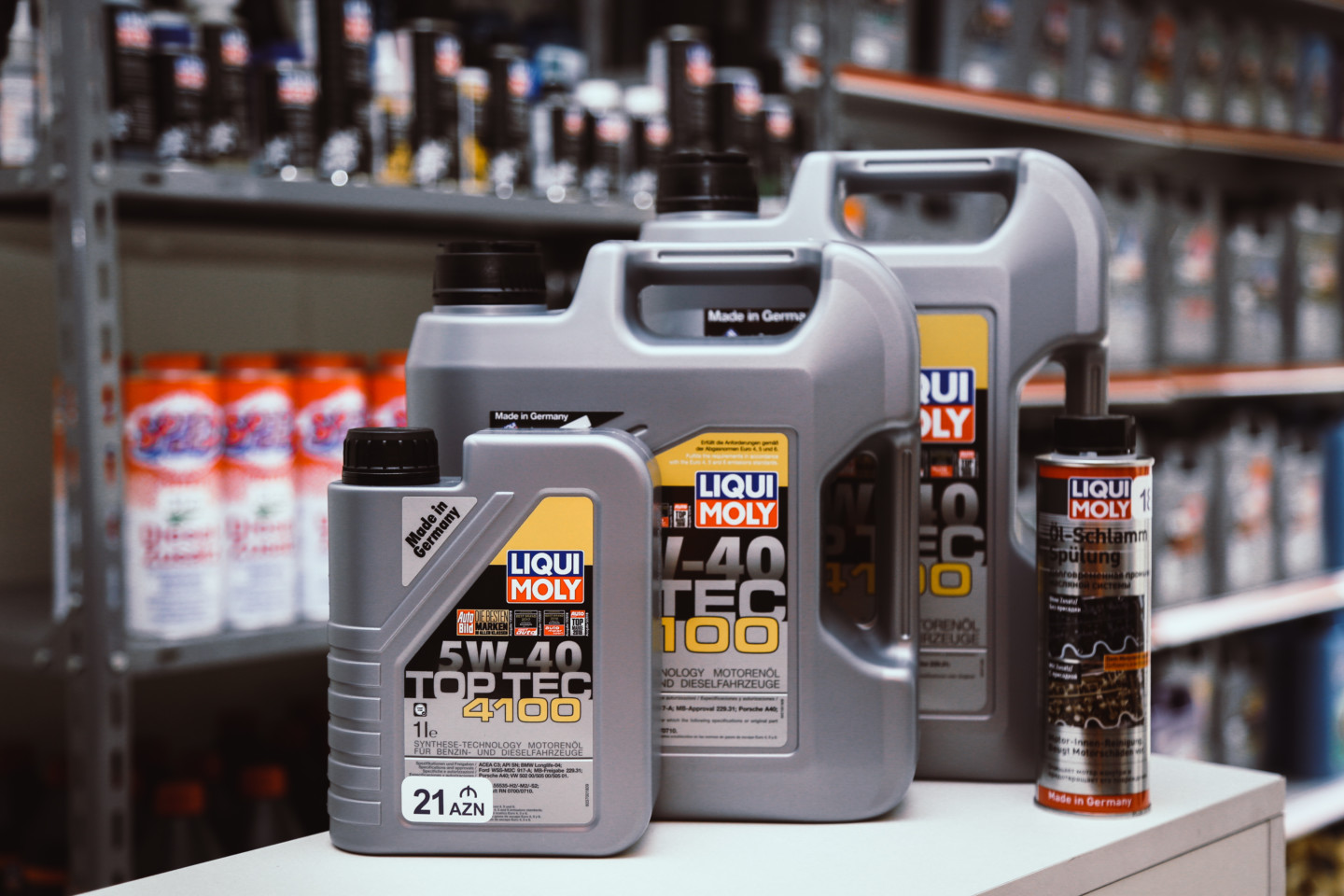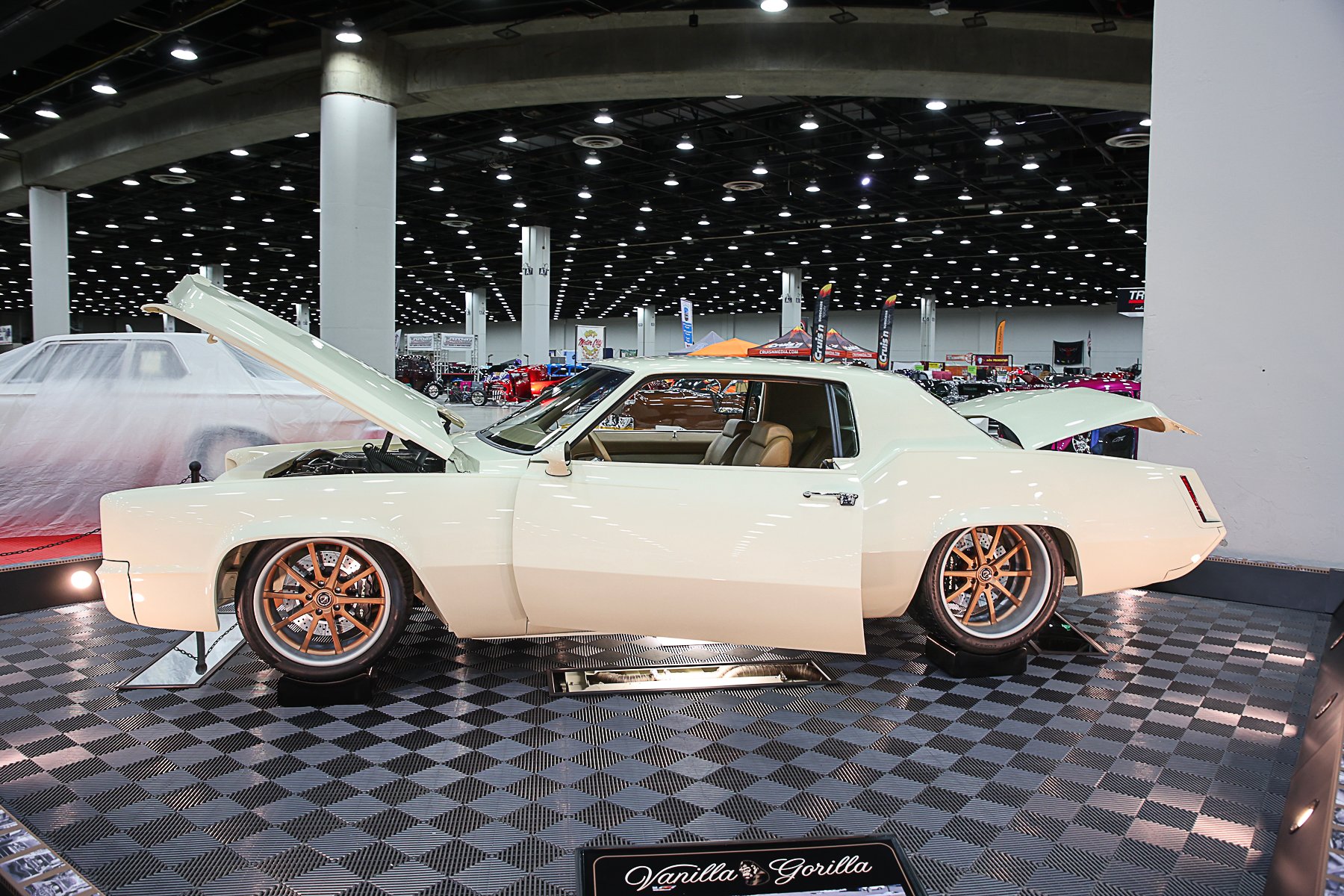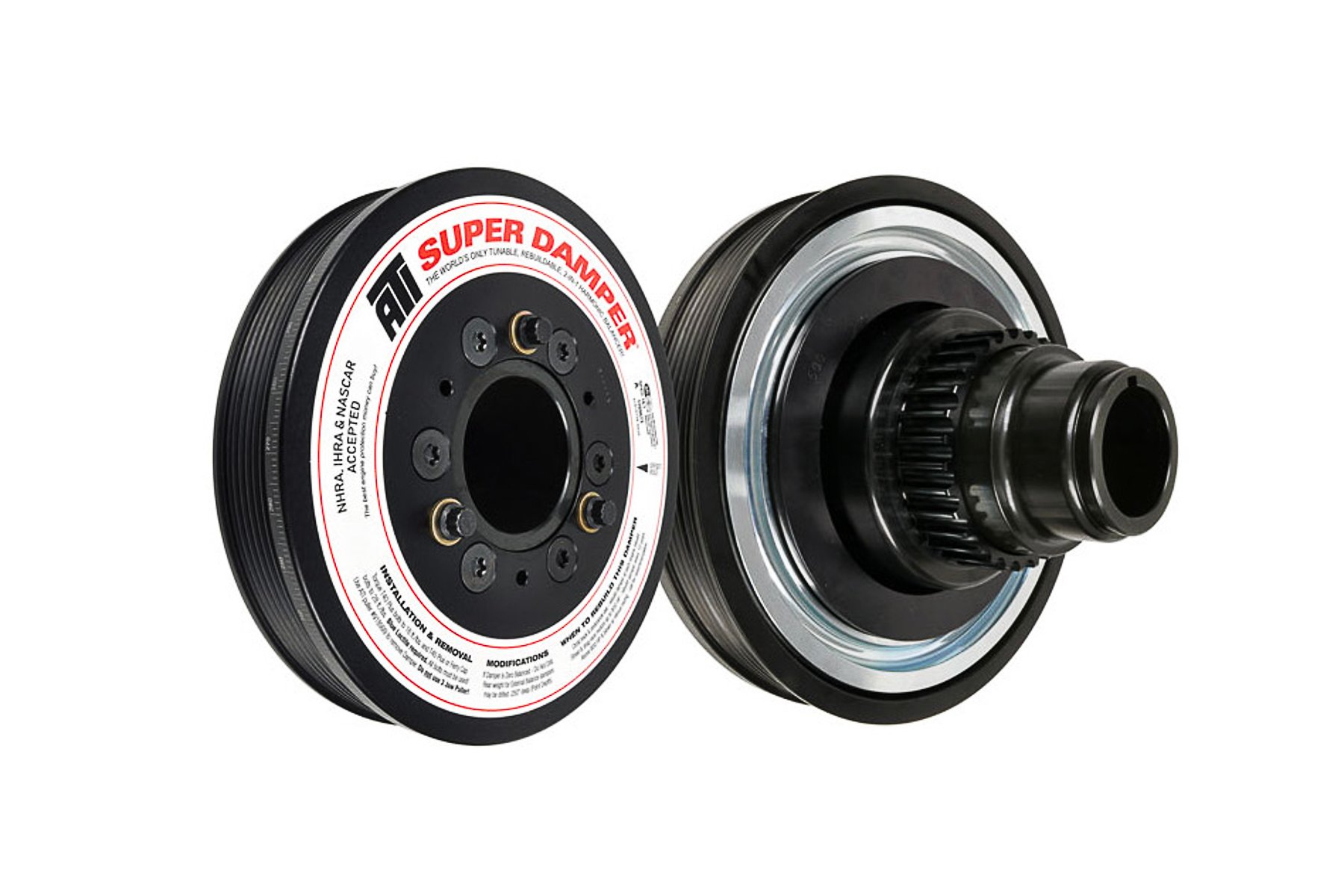I recently received an email from the folks at Liqui Moly that discusses how oil viscosity is getting thinner and how that will affect the oils of the future. While this might not affect older trucks and cars, it is still something to think about. Just imagine a day when 10 or 15W-40 oil is no longer made using actual crude oil. The realm of synthetics is here to stay.
Getting right to the point, the email started by expounding why motor oils are becoming thinner and thinner and why motor oil may not even contain any oil at some point. According to Liqui Moly, the trend in engine technology is incorporating ever-thinner motor oils to reduce fuel consumption and emissions. But there is a caveat: the engine must also be designed for such oil, otherwise, there is a risk of expensive damage.
Deputy Head of the Oil Laboratory at Liqui Moly, Oliver Kuhn, explains. “This is due to car manufacturers and their efforts to further reduce vehicle emissions. The thinner a motor oil, the less force the engine uses to pump it. This reduces fuel consumption. The effect isn’t huge, but thin oil is one of many adjustments the automakers employ to increase the efficiency of their vehicles. Our task as an oil manufacturer is then to develop motor oils that are thin and still offer the required performance.”
This begs the question, how thin can oil become, and can such thin oil still lubricate properly? “This can only be achieved with state-of-the-art lubricant technology,” states Oliver. “Motor oils consist of two main components: the base oil and the additive packages. In the past, the base oil was the most important performer in motor oil. But today it is the additive packages. They are not only responsible for the cleaning and corrosion protection with thin-bodied oils, but also for cooling and lubrication. The base oil is then hardly more than just a carrier fluid for the additive packages.”
Older truck and car owners have a penchant for selecting an oil that is oftentimes, thicker than what the engine actually needs. Is this actually a problem? According to Oliver, “the actual lubrication is less of a problem here, apart from the fact that fuel consumption increases. But to force the thick oil through the small oil passages designed for thinner oil causes the oil pump to work harder. As a result, it can become overloaded and fail. When that happens, the engine is completely without lubrication.”
While selecting a thinner oil could actually help engine performance, what happens if too thin an oil is added to an engine that is not designed for it? “If an engine is not designed for [thinner oil usage], you should definitely not do so,” Oliver affirms. “This is because the oil film is simply too thin for the engine. It is not capable of bearing the load and then breaks down. A cracked oil film means significantly increased wear, which can extend to seized bearings. This, in turn, can lead to consequential damage, including major engine failure.”
If too thin is bad and too thick is also not good, how do I know which oil is the right one for a vehicle? While many newer cars have a manual with a recommendation, many older cars and trucks have been the recipient of an engine rebuild or replacement. To get the proper oil viscosity for these situations, check with the engine builder or the paperwork that came with the crate engine. If you have a late-model vehicle, an option for you is to simply use the free oil guide at www.liqui-moly.com. Just a few clicks are all you need to get an overview of the right oils.
With the trend leading to the use of thinner oils in new cars, how thin can motor oil get anyway? “That’s an exciting question,” says Oliver. “The lowest viscosity currently specified for motor oil is 0W-8. This is almost a single-grade oil. In addition to lubrication, the difficulty here is above all evaporation, because the thinner an oil is, the easier it evaporates. With the 0W-8, this balance can just about be maintained. For even lower viscosities, it would probably require a completely different chemistry, which would then no longer be based on oil. In any case, [as of this writing] 0W-8 is limited to the Japanese market. Only the Japanese automotive standards organization JASO has published specifications for 0W-8 to date, but so far, neither the European car manufacturer association ACEA nor the American API has done so. In addition, 0W-8 is only intended for gasoline engines. For diesel engines, 0W-20 is currently the lowest [recommended] viscosity.”


